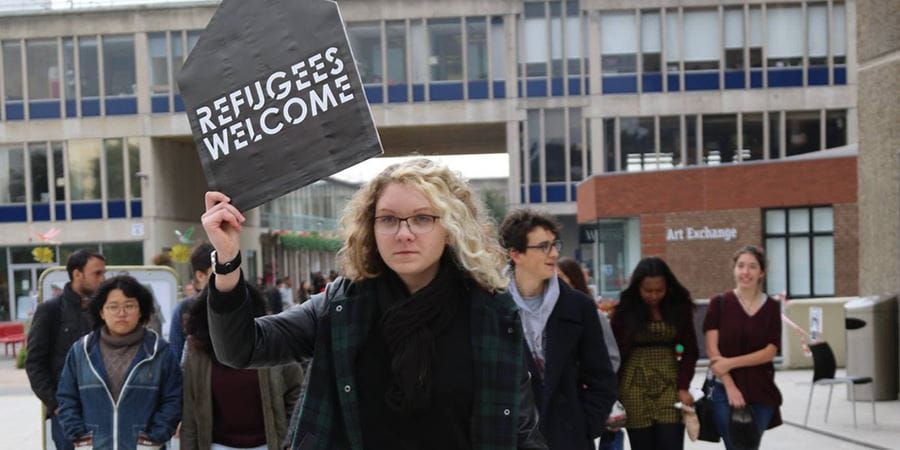Research degrees
Our PhD programme draws upon the expertise of over 80 Human Rights Centre members from different academic disciplines.
Our research community encompasses internationally renowned scholars whose work ranges from research into the philosophical and normative bases of human rights, through to more practically-oriented interests in the legal, political and sociological application of human rights.
Expertise and supervision
We specialise in the application of theory to real human rights problems. Within Essex Law School our research has a particular focus on the right to health, civil and political rights; including the prohibition against torture and detention related issues, and the law of armed conflict and acute crises. To find out more about us read our biographies and then use our research finder to find a supervisor. Alternatively, search research finder for your interest as a supervisor may be from a different department but specialise in an area of human rights.
Doctoral Affiliates Network
Our Doctoral Affiliates Network is a community of PhD students at the University of Essex, who are engaged in some related aspect of human rights research, and who wish to benefit from sharing ideas and research within a more multi and inter-disciplinary environment than would typically be possible within a single department or discipline.
Membership of the Network is open to any student studying a PhD at Essex.











